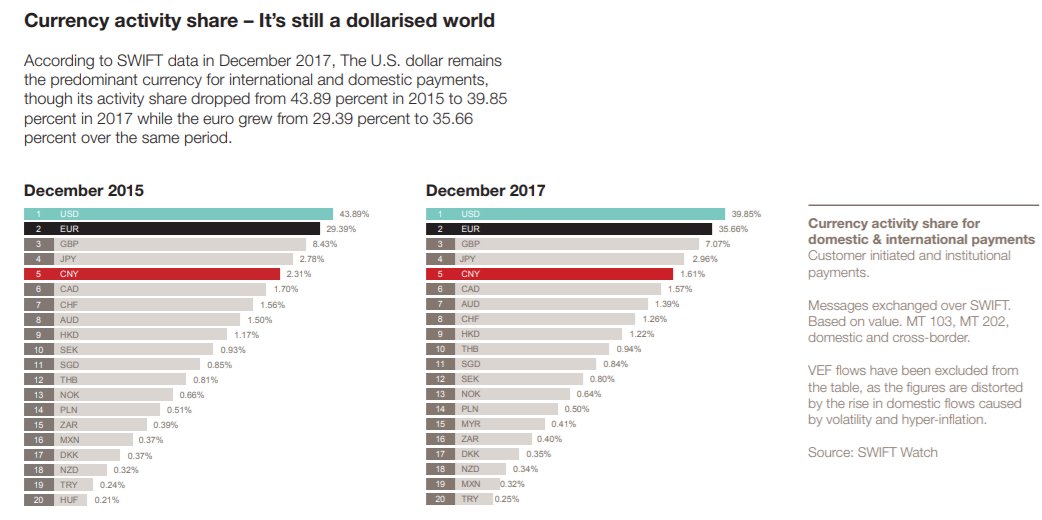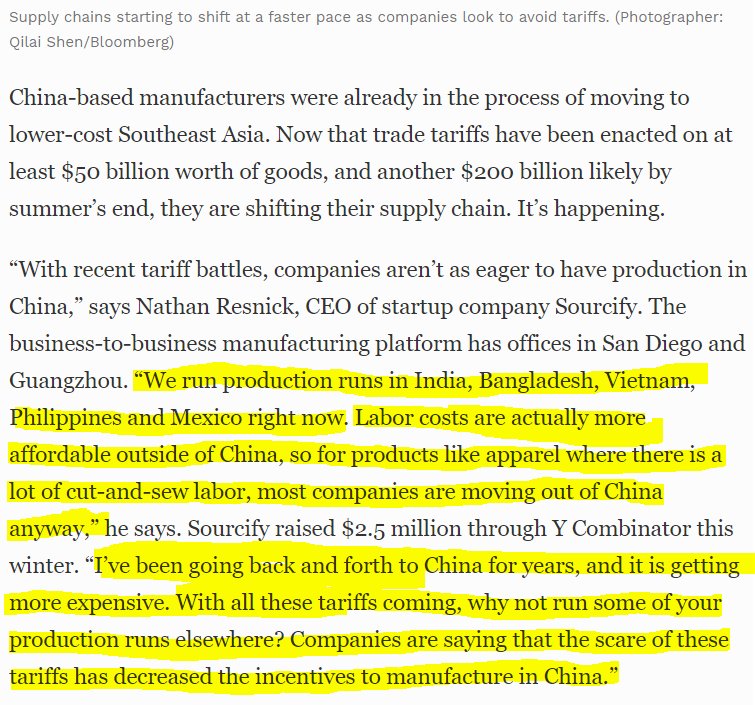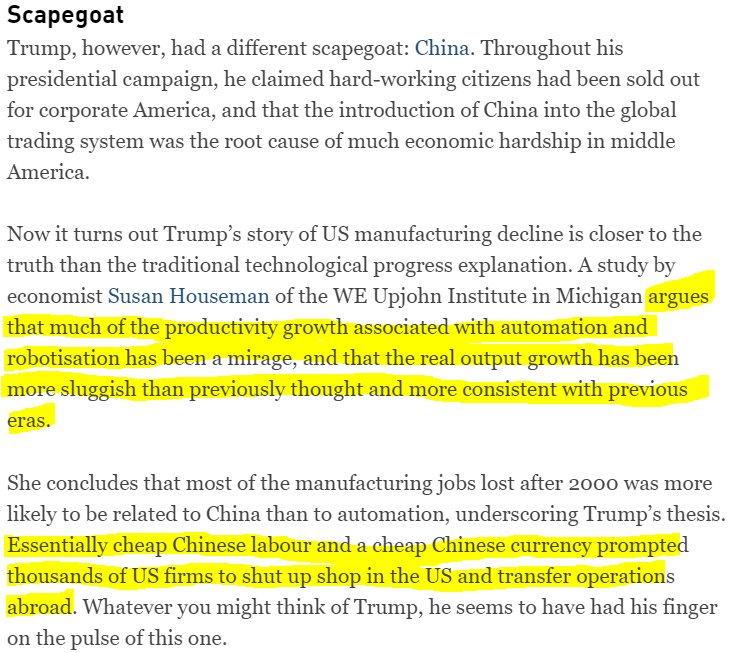theatlantic.com/ideas/archive/…
[1/11]
foreignaffairs.com/articles/china…
[2/11]
[3/11]
[4/11]
[5/11]
It suggests a question that should focus U.S. policymakers' and observers' minds:
[6/11]
[7/11]
[8/11]
First, unless one believes that the challenges from China will endure in perpetuity, Washington will only be able to advance its national interests so far if it defines its foreign policy primarily in opposition to Beijing.
[9/11]
[10/11]
[11/11]











